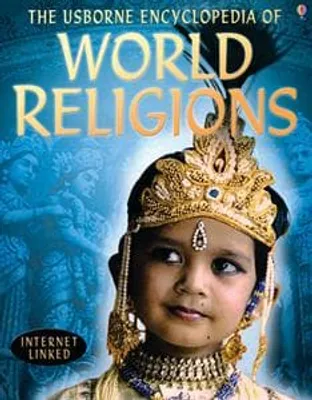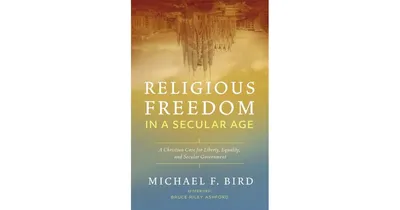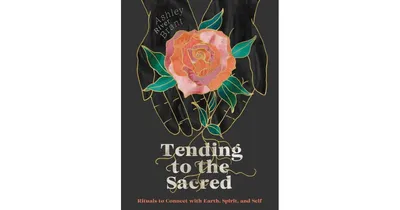Home
Making Sense of Religion



Making Sense of Religion
Current price: $29.00
Loading Inventory...
Size: Paperback
We live in a world with many religious traditions. People in these traditions believe that their religious view of life embodies what is important, true, and real. Their religious views of life, however, differ significantly. They can't all capture equally what is important, true, and real. This book seeks to unravel this dilemma. It rejects two approaches to address the problem: First, the view that one religious view of life is the absolute, unique product of revelation, and second, the view that the foundation of all religious views of life is the same--that they are all the product of religious experiences of the same religious ultimate. This ultimate is sometimes called Being-Itself, sometimes the One. Under the second view, the differences between them are considered cultural. Making Sense of Religion shows us that religious views of life are often radically different, and these differences are not just cultural, but substantive. This book explores the hidden logic beneath the surface of religious views of life that holds them together and helps explain their differences. What follows is a way presenting, comparing, defending, and criticizing religious views of life. This is a type of theology. ""This book argues sequentially for a fresh view of religion and religions based on their views of life, whose concerns share ground with secular views of life. It shows how views of happiness, values, human nature, ritual, authority, and the Ultimate mutually adapt. Corliss thus grounds humanistic, undogmatic theologies while avoiding subjectivist pitfalls of previous liberal theologies and recognizing genuine differences among religious traditions at their stages of evolution. His concrete analyses would cast light in any Western or world survey course."" --from the foreword by David Boyer ""Richard Corliss presents a thorough logical exploration of the presumptions that underpin the differences in religions. He proposes to unravel the paradoxes they face in holding what is ultimately important, true, and real. He does so by comparison and an evaluation of different beliefs using logical analysis to understand what integrates them and that enables us to be critical of them on the basis of what is hidden within them, a sense of social justice."" --George E. Yoos, Professor Emeritus of Philosophy, St. Cloud State University, St Cloud, MN ""Writing in a plain and lucid style, Richard Corliss explores the hidden logic shared by Hinduism, early Buddhism, Biblical Judaism, and early Christianity. Drawing on the idea that religious belief proceeds from our 'highest and dearest' values, Professor Corliss outlines a kind of personal theology developed from his many years teaching comparative religion and heading the religious studies program at St. Cloud State University in Minnesota. Throughout this quietly reflective book, he makes sense of religion by being centrally concerned with forms of evil and well-being that are applicable to the individual reader, believer or not."" --James Lundquist, Professor emeritus of English, St. Cloud State University, St. Cloud, MN ""This analysis of four major religions in terms of six naturalistic elements will encourage those who want to keep religion within the limits of reason. Professor Corliss admirably succeeds in realizing this end. His employment of the higher criticism reminds one of recent work by Ehrman, Enns, and Borg. In addition, Corliss provides much material on the relevance of religion to psychotherapy and to social issues such as inequality."" --M. G. Anderson, Professor Emeritus of Philosophy, St. Cloud State University, St Cloud, MN Richard Corliss is Professor Emeritus at Saint Cloud University. He taught in the Philosophy Department and headed the Religious Studies program. He holds a doctorate in philosophy from University of Illinois at Urbana-Champaign and a bachelor of divinity from Northern Baptist Seminary in Chicago. He was ordained in the American Baptist Conven


















